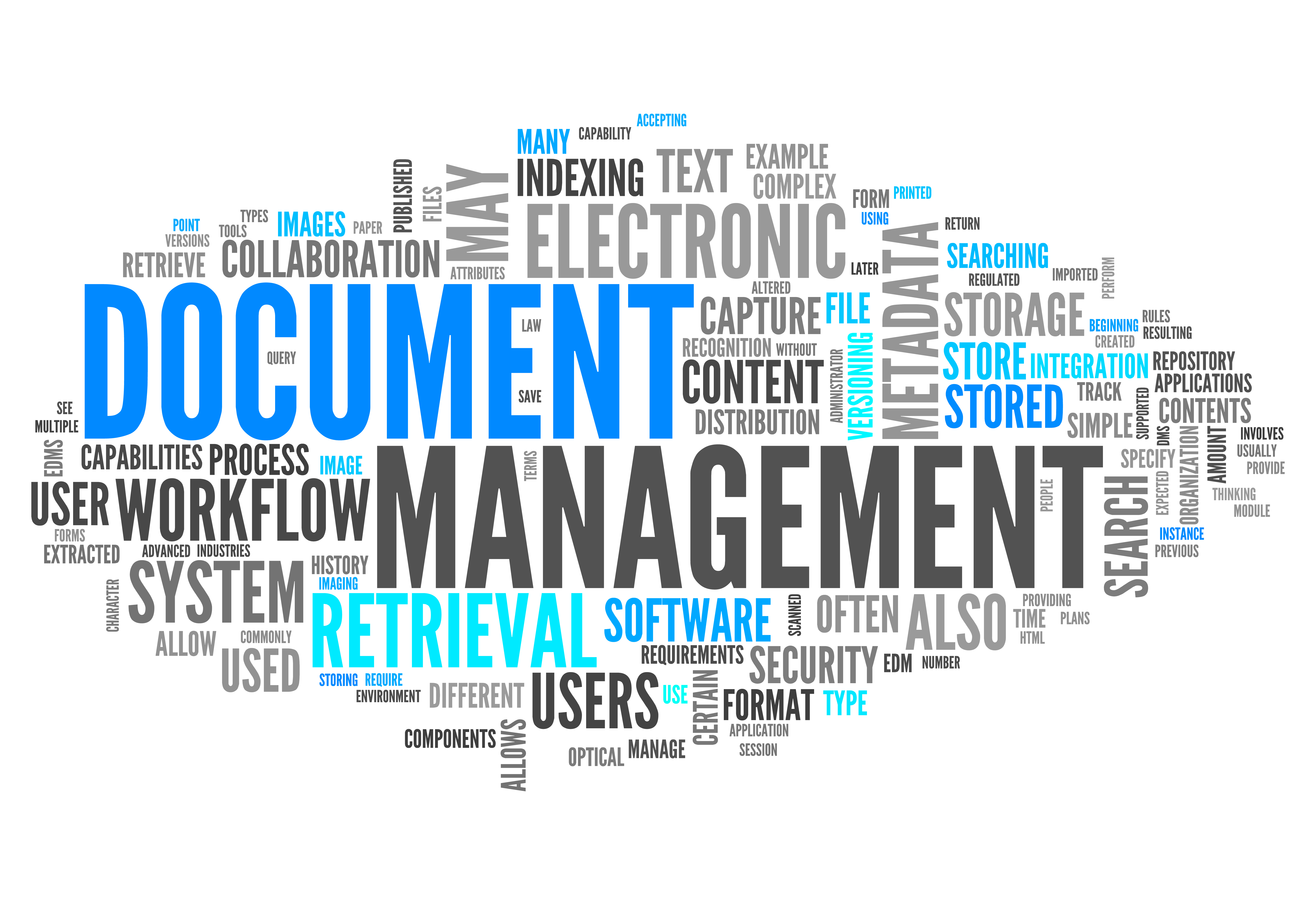Having a good document management system in place is crucial to a successful construction project. From conception to post-completion, keeping your documents up-to-date, organized, and named correctly is important during every phase of the construction life cycle. This idea is deceivingly simple; it is easy to assume that you likely won't miss errors within your documents. Even if you do overlook a couple minor details, the repercussions can't be that bad, right? This mindset can lead to major problems down the line. Leaving small mistakes within your documents, such as misnamed sheets or not having a full set, can be extremely risky and costly.
The greatest risks that come from errors within your documents can be broken down into three categories: delays, added costs, and diminished brand reputation. All three can occur during any stage of the project, and all three can create a snowball effect that will continue after your project is finished.

Let’s say that you have your bidding done and are ready to start construction. Your last step before breaking ground is submitting your set of plans to code enforcement for your permit approval. Without a good document management system put in place, it can be pretty easy to not catch the small mistakes. If you submit a set of plans and are unaware that there are a few missing sheets, your permit likely won’t get approved. If this causes a delay and you have to push back your construction start date, what does this look like for you? Will you now have to pay for overtime in order to finish your project on time? Will you have any issues retaining the sub-contractors who won your bid?
The risks don’t end when pre-construction does. There are plenty of opportunities to run into errors on the job site that, along with more delays, can lead to unnecessary costs. For example, if an outdated revision of plans is distributed to the job site, you risk ordering an incorrect amount of materials. What if what you ordered was a special order that you don't have the option of returning or reusing in the future? Does the liability fall on you? If this leaves you out of tens of thousands of dollars, what impact would this have on your company?
The third area of consideration is your company's brand. Encompassing all of my previous points, maintaining a good reputation is unparalleled when it comes to your ability to win future work. Imagine yourself in a scenario where you are in a meeting with the project owner, investors, or other decision makers. If you realize halfway into the meeting that your documents are not correct, that does not set an ideal tone for the rest of the project. Now picture another hiccup happening later in the construction life cycle, such as a delay caused by an incorrect set of plans. Not only will it affect your relationship with the project owner, but a schedule delay can also result in negative publicity for the project. All of these easily avoidable mistakes can lead to a negative connotation when your brand is mentioned in the future. No matter your quality of work, a negative brand perception can be enough for someone to choose not to work with you.

Simply put, the more your brand is impacted, the more your profit is negatively affected. By not having a good document management system in place, you risk running into schedule delays, unplanned costs, and a negative perception when it comes to your company as a whole. Having a good system in place would look like this: uniform naming conventions, quality checks to ensure that no font substitution errors or related problems make the documents difficult to read, and verification that the set is fully up to date and there are no missing or duplicated sheets. Most likely, your team is already stretched for time when performing their own jobs, so assuming that they have the time and effort to put into these quality checks is not always feasible. Your time is valuable, therefore partnering with a document management company is a time and cost effective solution that will greatly help you eliminate the risks that come with a faulty set of documents.


Let Us Know What You Thought about this Post.
Put your Comment Below.